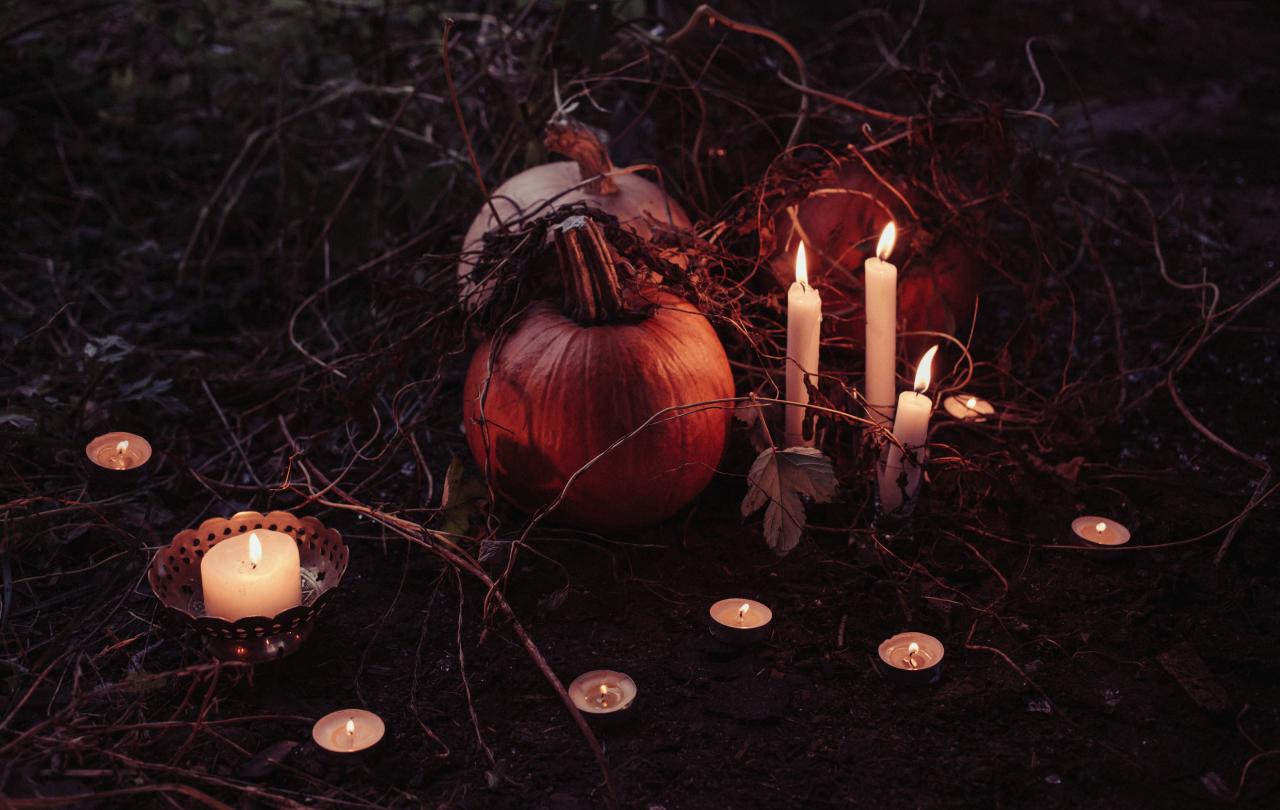
Last time we had a new Labour prime minister, there were no Partygate fears in Number 10. Quite the opposite. Tony Blair’s Cool Britannia project threw its front door open to the likes of Britpop overlord Noel Gallagher of Oasis at a bash in 1997. Inheriting a rising economy, things for New Labour, as well as for Oasis, could only get better.
This time around, Sir Keir Starmer has “tough decisions” to make, such as trying to deny a universal winter fuel allowance to most pensioners. Blair arguably never had a really tough decision to make, until his Iraq war nemesis. Since then, Oasis has turned into an unacceptable face of capitalism, as the Gallagher brothers’ reunion tour next year turns into a Ticketmaster greed-fest of “dynamic pricing”. Diabolical pricing, more like.
Starmer and Blair both aspired to usher in an era of change and renewal. The similarity of their circumstances ends there. Nearly 30 years on, Starmer is in a different world. And the transformation of Oasis is totemic of that – from the joys of Britpop to the horrors of rip-off.
That times change is axiomatic. The nineties had busts and booms; the UK’s Black Wednesday currency crisis was of the former, the snarky underclass anthems of Oasis a paradigm of the latter. Now, in the 2020s, there are only busts. Like the note left in the Treasury drawer in 2010 joked, there really is no money left now. Except, apparently, for Oasis.
Which brings us to the false idols of politics. Since personality, rather than policy, became the political trump card it’s inevitable that we would get Trump. Or someone like him.
An engaging question arises as to how the two Labour PMs were and are equipped spiritually for the times in which they lead. The spiritual state of Oasis is a linked matter, which I’ll get to in a moment.
Blair’s government famously didn’t “do God”, though it turned out he did privately, converting to his wife’s Roman Catholicism almost immediately after leaving office in 2007. Perhaps he had a priest hole in the family flat above Number 11. He consistently denied claims that he prayed with American president George W. Bush before or during the Iraq war.
Starmer doesn’t do God rather more formally, as a self-declared atheist. We can conclude that prayer is not a resource that he needs as he faces a more challenging immediate political future than Blair’s early days as PM. I only wish Starmer would appear in a T-shirt with the slogan “No Prayer, Like Blair”.
Arguably the spiritual life doesn’t matter for any leader. The job of PM is all about simple competence, mostly in money management. To paraphrase the pithy quip from Bill Clinton’s 1992 presidential campaign (on which Blair’s so strategically relied), it’s all about the economy, stupid.
So the worship is of mammon rather than God. Here the current and former PMs might care to track the career trajectory of the two Lords Gallagher of Oasis from Blair to Starmer. In 1997, they were in their pomp as authentic Mancunian working-class heroes. Today, the brothers have to make up and go back on the road to subsidise Noel’s £20million divorce settlement. A rather different demographic.
There’s perhaps no great political lesson there for political leaders, but it’s almost Faustian in its scope. See what happens when you bank only with mammon.
Which brings us to the false idols of politics. Since personality, rather than policy, became the political trump card it’s inevitable that we would get Trump. Or someone like him. It doesn’t matter, to his core vote, what he’s done or what he’s incapable of doing, Only who he is. He’s an idol, a cult image, a golden calf. Trump’s bull is sacred, whatever he does.
The UK thankfully hasn’t had one of those yet (though there were warning tremors in Boris Johnson). But it’s telling that Blair is said to have developed a messianic tendency after his premiership’s early intervention in Kosovo during the war in former Yugoslavia. At the termination of hostilities, crowds there sought to touch his clothes as he passed.
Strange that being touched should make him feel untouchable. But that’s the way of messianics. It can be the same with rock & roll stars. Live music, at its best, can offer a transcendent sense of communion. At its worst, it’s the adoration of stage idols that sends them a little mad. Or mad for it.
Oasis’s Liam Gallagher isn’t in this together with his fans anymore. He’s turned into a Marie Antoinette figure online in response to the ludicrous prices charged to watch him from Ticketmaster. He substitutes “Shut up” and “£100,000 kneeling tickets” for “Let them eat cake”.
He and his brother are warnings of what can happen in so short a period between the ascendancy of Blair and that of Starmer. True, pop stars aren’t as dangerous as someone such as Trump. But they do show us that we get both the entertainers and the leaders we deserve.

